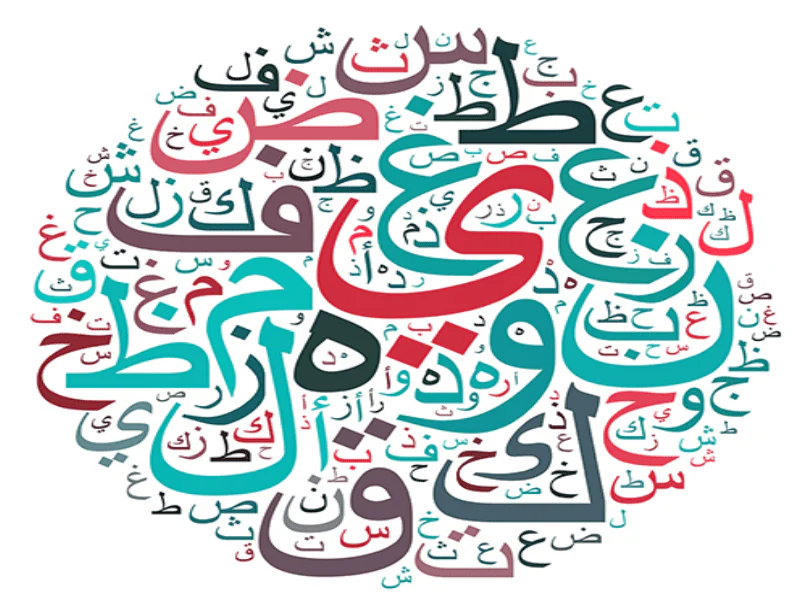Quran

The Qur’an
The Qur’an is the sacred book of Islam, revealed by Allah to the Prophet Muhammad ﷺ as a timeless source of guidance, mercy, and wisdom for all of humanity. It addresses every aspect of life, from personal conduct to social justice, offering spiritual, moral, and practical teachings. Not only is the Qur’an revered for its profound message, but it also holds a unique status as a linguistic and literary miracle in the Arabic language. Muslims believe that its words are divine and unaltered, preserved both in written form and through the rich tradition of oral recitation, which has safeguarded its authenticity for over fourteen centuries.

Tajweed
Tajweed is the science and art of reciting the Qur’an with precision, ensuring that each letter is pronounced correctly from its specific point of articulation (makhraj) and given its rightful characteristics (sifat), such as heaviness, lightness, nasalization, and elongation. It is not merely about beautifying the recitation, but primarily about preserving the meaning and sanctity of the Qur’anic message. Even slight mistakes in pronunciation can sometimes alter the meaning of a word, which makes Tajweed an essential discipline for anyone reciting the Qur’an.
Tajweed involves detailed rules, covering aspects like ghunnah (nasal sounds), madd (elongation), idgham (merging letters), ikhfa (concealment), and other phonetic principles that were practiced by the Prophet Muhammad ﷺ himself. These rules were passed down through generations of scholars to ensure the Qur’an would always be recited as it was revealed. The study of Tajweed not only preserves the linguistic integrity of the Qur’an but also enhances the beauty, clarity, and spiritual impact of its recitation. Scholars like Imam Ibn al-Jazaree famously declared that applying Tajweed is an obligation upon every Muslim reciting the Qur’an, highlighting its importance in maintaining both the outward and inward excellence of this divine revelation.

Qira'at
The Qirā’āt are the various authentic methods of reciting the Qur’an, all traced back to the Prophet Muhammad ﷺ through reliable chains of transmission. Each Qirā’ah represents a unique reading style, differing slightly in pronunciation, elongation, grammatical structure, or word articulation — without altering the meaning of the Qur’anic message. These differences highlight the linguistic richness and miraculous flexibility of the Arabic language and reflect how the Qur’an was recited by the Prophet ﷺ in diverse ways to accommodate the various Arab tribes and dialects of his time.
There are ten well-known Qirā’āt, each named after a renowned master reciter, such as Nafi‘, Ibn Kathir, Abu ‘Amr, Asim, Hamzah, Al-Kisai, and others. Every Qirā’ah typically has two Riwayahs (narrations) — variations transmitted by the prominent students of these master reciters. For example, in the Qirā’ah of Nafi‘, there are two famous Riwayahs: Warsh and Qalun. In the Qirā’ah of Asim, the widely known Riwayah is Hafs ‘an ‘Asim, which is the most commonly recited version across the Muslim world today.
Each Riwayah preserves the pronunciation rules and unique characteristics taught by the master reciter to their student, forming a precise and traceable link back to the Prophet ﷺ. This meticulous oral transmission reflects the care and scholarship devoted to preserving not only the text of the Qur’an but also the exact way it was recited. The study of Qirā’āt and their Riwayahs is considered a highly specialized and respected discipline in Islamic scholarship, maintaining both the unity and diversity of the Qur’anic tradition through the centuries.

Scholars
Throughout Islamic history, many great scholars devoted themselves to the sciences of the Qur’an, ensuring its accurate recitation and preservation. Among the earliest was Imam Abu ‘Ubaid al-Qasim ibn Salam, one of the first to compile works on Qirā’āt. Imam Ibn Mujahid later formalized the seven famous Qirā’āt recitations in his time. Renowned for his poetry-based teaching method, Imam al-Shatibi authored Ash-Shatibiyyah, a landmark text summarizing the rules of the seven Qirā’āt. Following him, Imam Ibn al-Jazaree expanded this work by including ten authentic Qirā’āt and codifying Tajweed rules in his celebrated poem Al-Jazariyyah. Other respected names include Imam Hamzah al-Zayyat, Imam Nafi‘ al-Madani, Imam Asim al-Kufi, and Imam Abu ‘Amr al-Basri, each of whom became leading figures in transmitting authentic chains of Qur’anic recitation that continue to be taught worldwide today.
